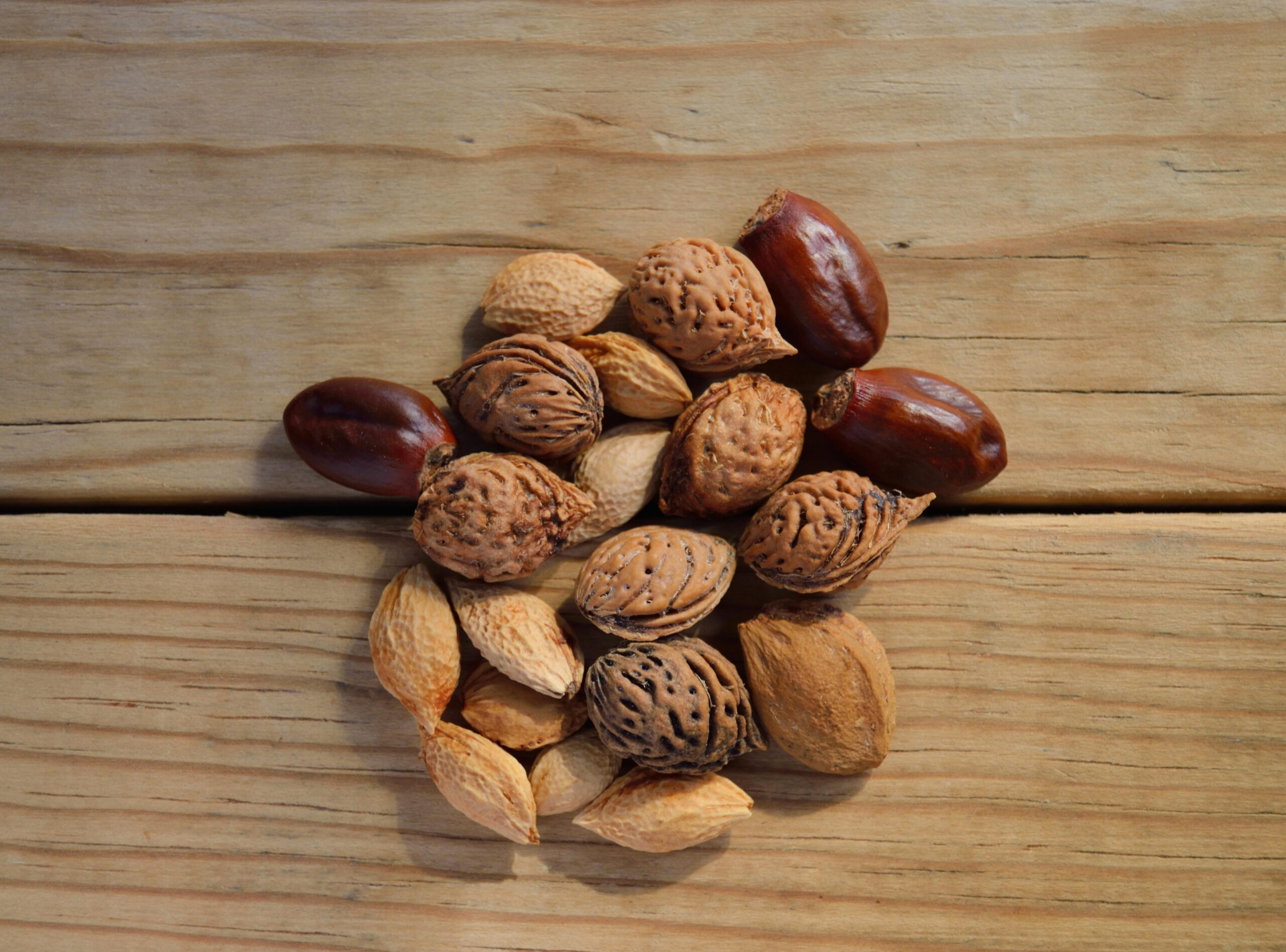Vitamin B1, also known as thiamine, is a crucial water-soluble vitamin that plays an essential role in energy metabolism and overall health. Despite its importance, many people are unaware of the numerous benefits thiamine provides to the body. In this article, we will explore the various functions of vitamin B1, its health benefits, dietary sources, and highlight some of the best supplements available to help you maintain adequate levels of this vital nutrient.
1. What is Vitamin B1?
Vitamin B1 is one of the eight B vitamins and is essential for converting carbohydrates into energy. It acts as a coenzyme in the metabolism of sugars and amino acids, helping the body use these nutrients effectively. Thiamine is crucial for the proper functioning of the heart, muscles, and nervous system, making it an important nutrient for overall well-being.
2. Health Benefits of Vitamin B1
Supports Energy Metabolism
One of the primary roles of vitamin B1 is its involvement in energy production. It helps convert carbohydrates into glucose, which the body uses as fuel. Adequate levels of thiamine are essential for maintaining energy levels throughout the day, making it particularly important for those who lead active lifestyles. A deficiency in vitamin B1 can lead to fatigue and reduced exercise performance.
Recommended Product: Nature Made Vitamin B1 100 mg is an excellent choice for those looking to support energy metabolism. With 100 tablets per bottle, it provides a convenient 100-day supply of thiamine.
Promotes Nervous System Health
Vitamin B1 plays a vital role in maintaining the health of the nervous system. It is essential for the production of acetylcholine, a neurotransmitter that transmits signals between nerve cells. Thiamine supports nerve function and helps prevent neurological disorders. Adequate intake of vitamin B1 may also help alleviate symptoms of stress and anxiety, promoting overall mental well-being.
Aids in Digestive Health
Thiamine is essential for the proper functioning of the digestive system. It aids in the production of hydrochloric acid, which is necessary for digestion. By promoting healthy digestion, vitamin B1 can help prevent issues such as constipation and bloating, supporting overall gastrointestinal health.
Supports Cardiovascular Health
Vitamin B1 contributes to cardiovascular health by playing a role in maintaining proper heart function. It helps regulate heart muscle contractions and supports blood flow throughout the body. Adequate thiamine levels are particularly important for individuals with heart disease or those at risk of cardiovascular issues.
May Help with Cognitive Function
Emerging research suggests that vitamin B1 may play a role in cognitive function and memory. Some studies indicate that adequate thiamine levels can improve cognitive performance, particularly in older adults. While more research is needed, maintaining healthy levels of vitamin B1 may contribute to better brain health and memory retention.
3. Dietary Sources of Vitamin B1
Incorporating foods rich in vitamin B1 into your diet is essential for maintaining adequate levels. Good sources of thiamine include:
- Whole Grains: Brown rice, oats, and whole wheat bread
- Legumes: Lentils, beans, and peas
- Nuts and Seeds: Sunflower seeds and macadamia nuts
- Pork: Lean cuts of pork are particularly high in thiamine
- Fortified Foods: Some cereals and grains are fortified with thiamine
While a balanced diet can help meet your vitamin B1 needs, supplementation may be beneficial for those who have difficulty obtaining enough from food sources.
4. Recommended Vitamin B1 Supplements
When selecting a vitamin B1 supplement, it’s important to choose one that provides a reliable dosage and high-quality ingredients. Here are three highly recommended vitamin B1 supplements:
- Nature Made Vitamin B1 100 mg
- Benefits: This dietary supplement provides 100 mg of thiamine in each tablet, supporting energy metabolism and nervous system health. With 100 tablets per bottle, it offers a convenient 100-day supply for consistent use.
- Nutricost Vitamin B1 (Thiamine) 100 mg
- Benefits: Each capsule contains 100 mg of gluten-free and non-GMO thiamine. This supplement is an excellent choice for individuals looking for an easy-to-swallow option that supports energy production and overall health.
- NOW Foods Supplements, Vitamin B-1 100 mg
- Benefits: Known for its quality, this vitamin B1 supplement provides 100 mg of thiamine in each tablet. It supports energy production and nervous system health, making it a reliable choice for daily supplementation.
5. Dosage Recommendations and Safety Considerations
The recommended daily intake of vitamin B1 varies by age and gender. Generally, adults are advised to consume:
- Men: 1.2 mg per day
- Women: 1.1 mg per day
- Pregnant Women: 1.4 mg per day
- Breastfeeding Women: 1.4 mg per day
Vitamin B1 is generally considered safe, with low toxicity risk. However, excessive intake from supplements may lead to side effects such as headaches and irritability. It’s always best to consult with a healthcare professional before starting any new supplement, especially if you have underlying health conditions or are taking medications.



